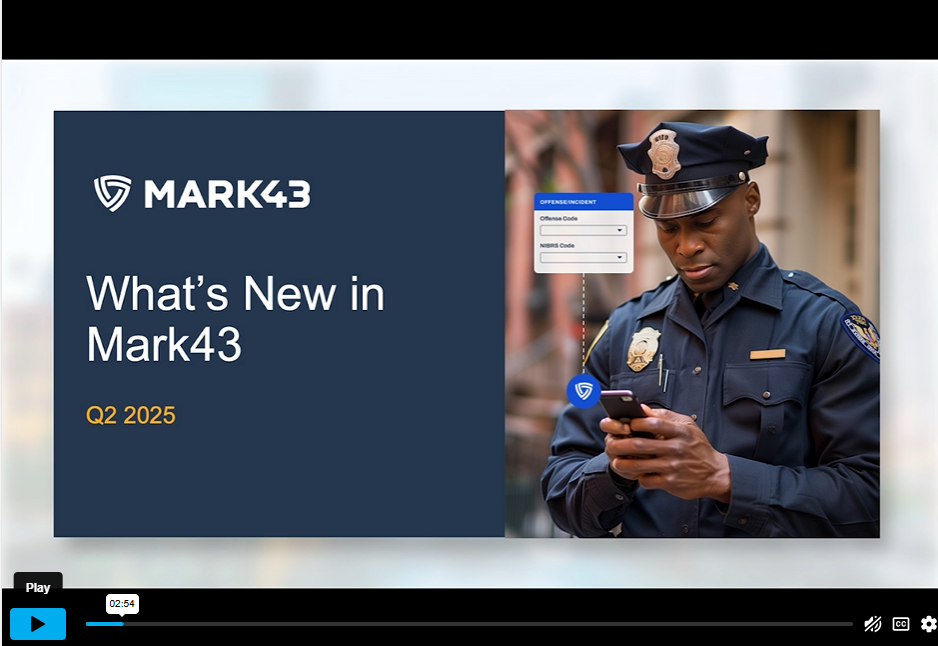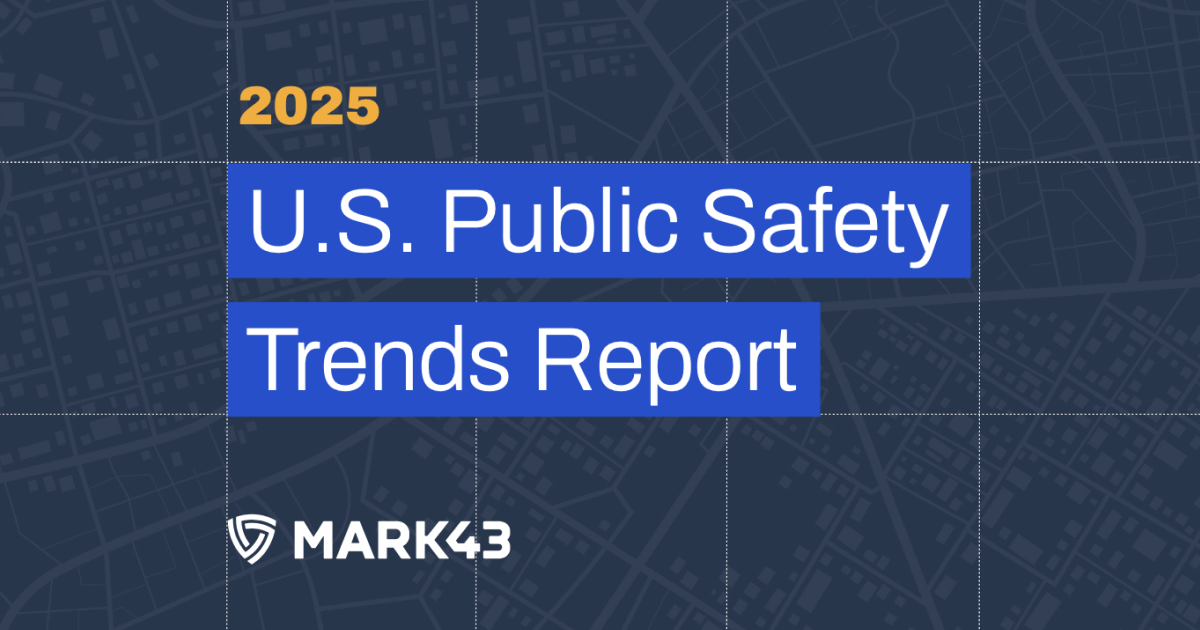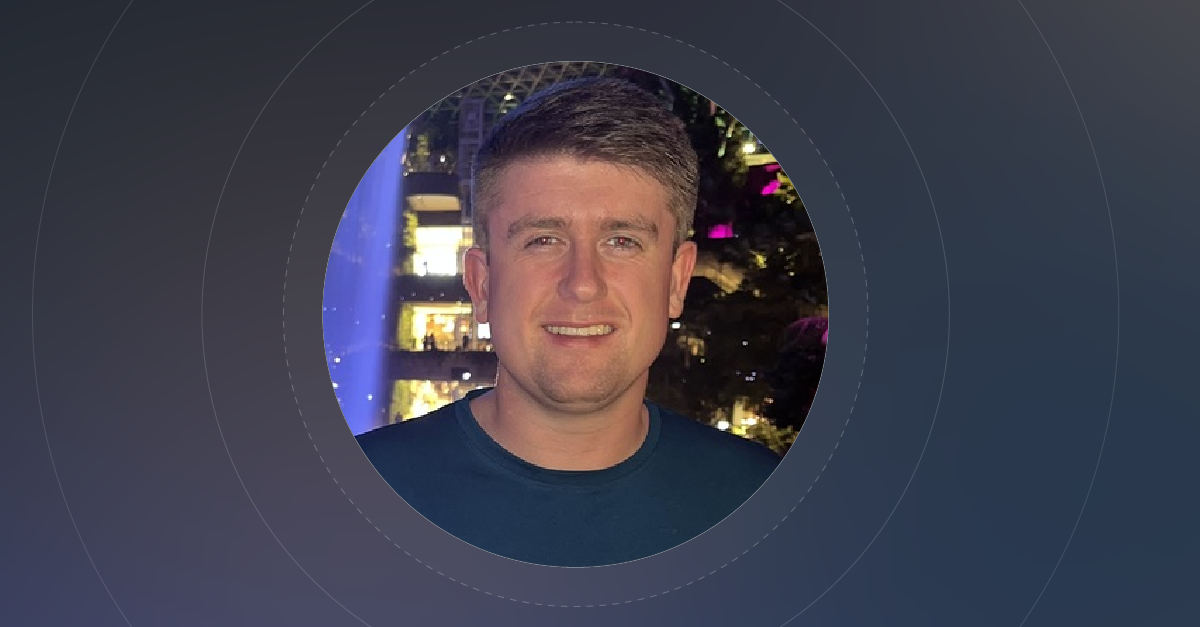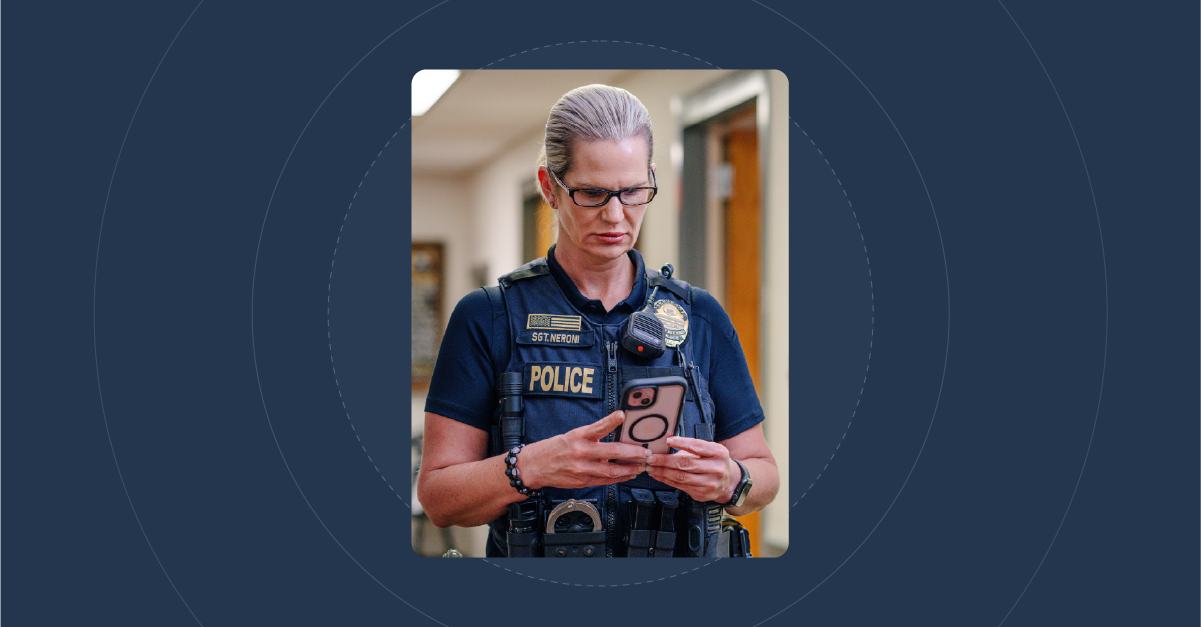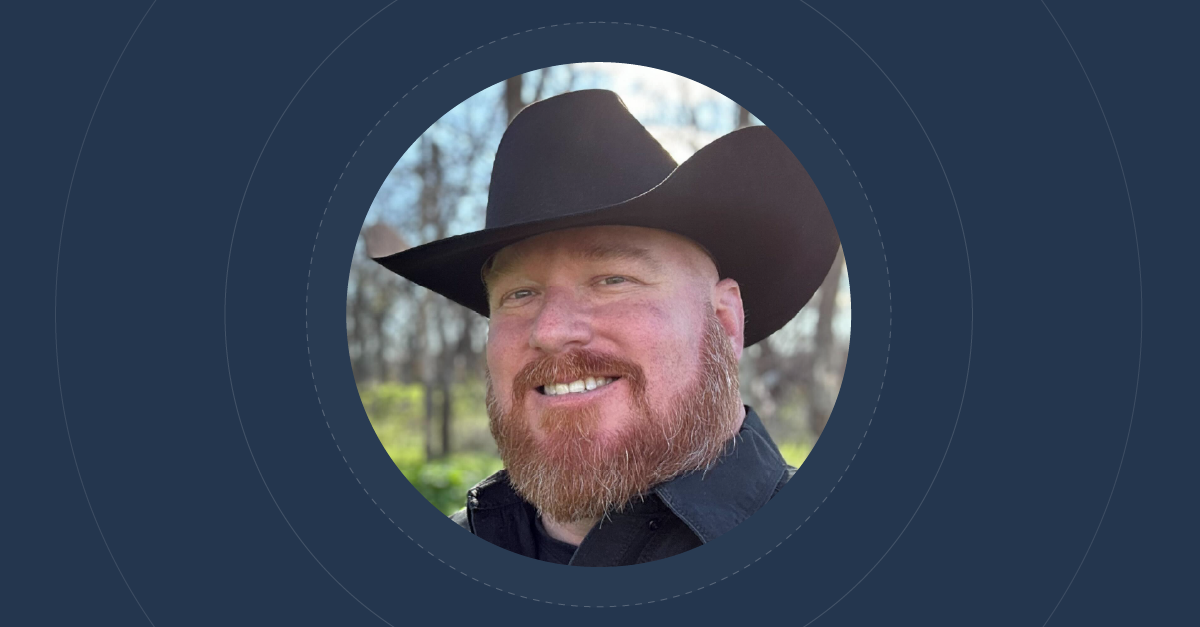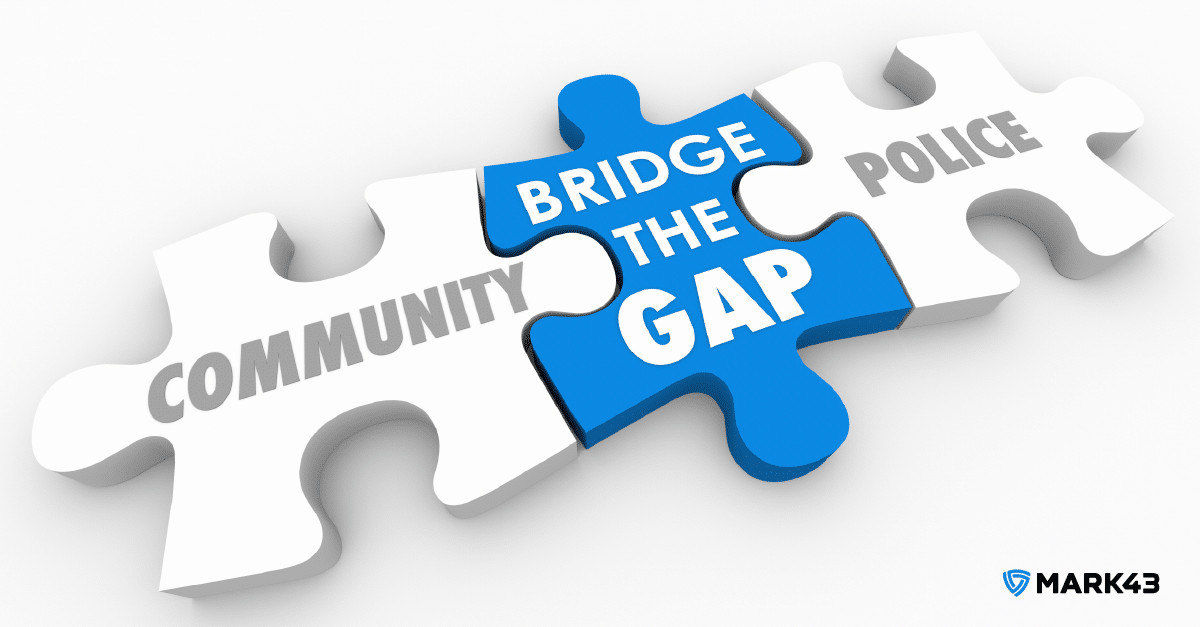
Last Friday, President Biden proclaimed October 3-9th as National Community Policing Week, calling upon “law enforcement agencies, elected officials, and all Americans to observe this week by recognizing ways to improve public safety, build trust, and strengthen community relationships.”
Mark43 is excited to see an evidenced-based public safety practice elevated in such a way. We are responding to that call to action by reaffirming our commitment to work with our customer agencies to find ways to share data with their communities so that they may work collaboratively on solutions to their public safety challenges.
“At its core, community policing is about building trust and mutual respect between police and communities.”
First developed in the 1960s but widely implemented in the 1980s and 1990s, community policing is a philosophy that emphasizes police-community collaboration to address current problems and to proactively prevent public safety issues such as crime, disorder, and the fear of crime. Community policing, in practice, can build a foundation of trust that allows police and the public to work together to address their issues effectively. There are three key components of the philosophy: community partnerships, organizational transformation, and problem solving.
Community Partnerships help foster mutual trust between law enforcement and the community. This has always been essential, but never more so than in recent years, as we have seen an erosion of the trust between the police and the communities they serve. By committing to a community policing philosophy, agencies can strengthen and, if necessary, begin to rebuild these relationships.
Camden County, N.J., Police Department, Mark43’s first computer-aided dispatch (CAD) customer, is often touted as a leader in this space for their commitment to unity policing, “guided by the idea that the collective community (police, residents, businesses/organizations, government, schools) must act as a unified force to prevent crime, promote safety, and improve society.” CCPD is currently assembling unity engagement teams with three factions, residents, small business and community organizations, and corporations, to further grow their community partnerships and proactively problem solve.
Organizational Transformation. Community policing is not a strategy or task for a specific unit of officers; it is an agency-wide philosophy. Community policing requires a commitment by leadership and the rank and file across an entire agency to align organizational management, personnel, and information systems to engage in partnership with the community.
The Hawthorne Police Department in Calif., a Mark43 customer since 2017, created Coffee with a Cop as a local community policing initiative five years ago. Since its inception, events have been held in all 50 states, Canada, Europe, Australia, and Africa. This simple community meet-up is on a mission “to break down the barriers between police officers and the citizens they serve.” Leaders from the CWAC non-profit travel the country training agencies on the foundations of community policing, like procedural justice and cultural awareness, to influence organizational transformation.
Problem Solving. Community policing requires that agencies engage in a proactive and systematic process to identify and address their community’s specific problems. These problems vary from community to community so it requires law enforcement and other stakeholders to think critically, share information, and jointly develop solutions for their specific needs. These solutions can include outreach to youth, seniors, or businesses; dedicated patrols; or working with other agencies to improve quality-of-life conditions in a given area.
The Atlanta Police Department, a Mark43 customer since 2020, offers a robust collection of community policing programs, including a Crime Prevention Unit to share information and prevention tips with the community. The police department runs the Homeless Outreach Proactive Enforcement (HOPE) Team in partnership with the National Alliance of Mental Health (NAMI), the Veterans Administration, and the United Way, among others, to connect those experiencing homelessness with wraparound services and prevent unnecessary incarceration. A range of other programs are in place, like neighborhood watch training and development, senior citizens’ activities, and community safety and awareness workshops. We recognize Atlanta and the hundreds of other agencies across the country that are increasing dialogue and collectively problem solving to improve public safety.
Mark43 shares the U.S. Department of Justice’s long-standing goal of building trust and mutual respect between police and communities. To that end, Mark43 has spent the last 15 months building a Community Affairs & Public Policy team to learn from first responders and communities, amplify unheard voices, develop partnerships to drive meaningful impact on public safety, and use data to inform innovation and product development. Our team is committed to working with our customer agencies and communities to advocate for and design products and programs that strengthen the bond between law enforcement and communities.
At Mark43, we believe the best way to improve public safety, build trust, and strengthen community relationships is to develop a collaborative, transparent partnership between law enforcement and communities. Our goal is to continue building public safety tools that serve that partnership with input from public safety professionals and the communities they serve.
Please join us in recognizing National Community Policing Week.



